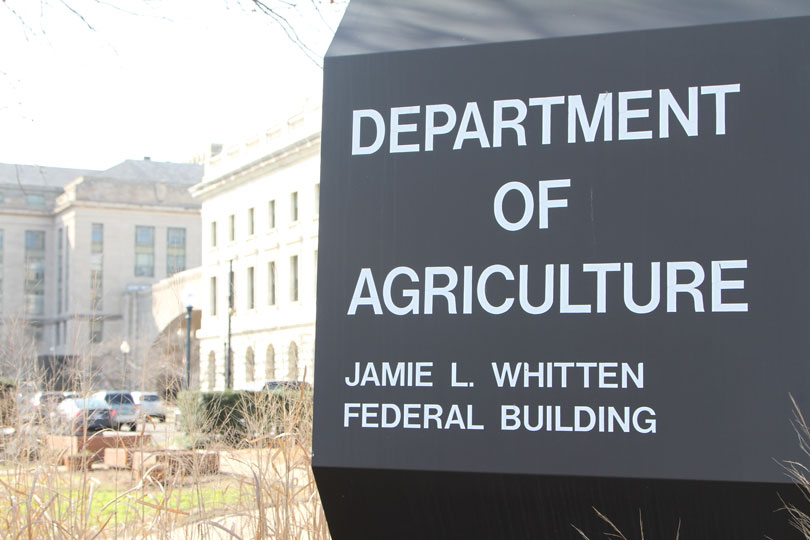By Justin Walker
Communications Specialist
The U.S. Department of Agriculture (USDA) announced it will withdraw the Organic Livestock and Poultry Practices (OLPP) rule effective May 13.
The OLPP rule, which was published in January 2017, would have increased federal regulation for certified organic farmers, ranchers and handlers of livestock and poultry, according to USDA.
The rule had been delayed multiple times, including most previously in November 2017, to allow policy makers a chance to work through significant policy and legal issues.
USDA reviewed the rule and held two rounds of public comment, resulting in the agency declaring the rule exceeded authority, as well as potentially having a negative effect on voluntary participation in the National Organic Program.
“The existing robust organic livestock and poultry regulations are effective,” Greg Ibach, USDA Marketing and Regulation Program undersecretary, said. “The organic industry’s continued growth domestically and globally shows that consumers trust the current approach that balances consumer expectations and the needs of organic producers and handlers.”
USDA reported domestic growth of certified organic operations at seven percent in 2017. Global growth increased 11 percent in that same year. Organic sales in the United States reached almost $47 billion in 2016, up nearly $3.7 billion from the previous year.
American Farm Bureau Federation (AFBF) President Zippy Duvall praised the rule’s withdrawal, saying it would have forced organic farmers and ranchers to change their production practices if the rule had been implemented.
“The American Farm Bureau supports USDA’s decision to withdraw the misguided Organic Livestock and Poultry Practices rule,” Duvall said. “Livestock health and well-being is a priority for all farmers and ranchers. We rely on trained professionals—including animal scientists, nutritionists and veterinarians—to ensure the health and safety of our food. The rule did not promote food safety or animal welfare. It went beyond the intent of the Organic Protection Act by allowing for animal welfare standards and metrics to become part of the organic label.”

